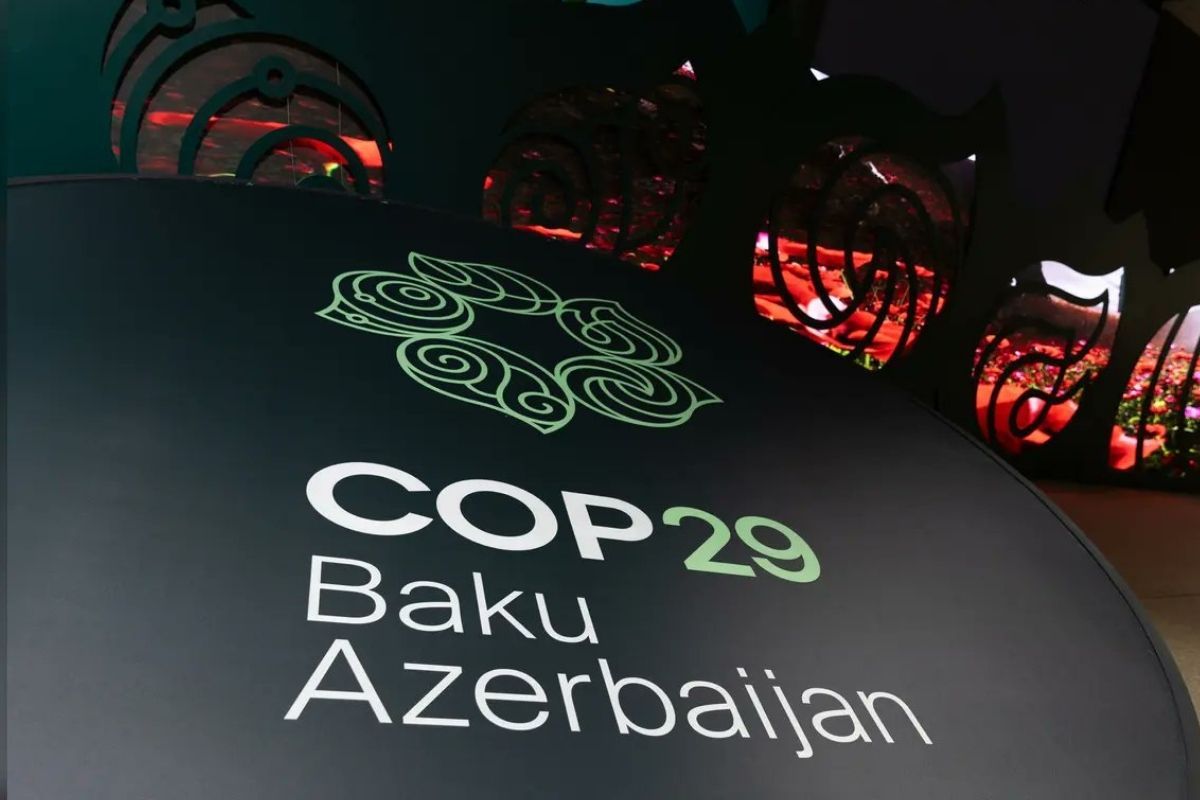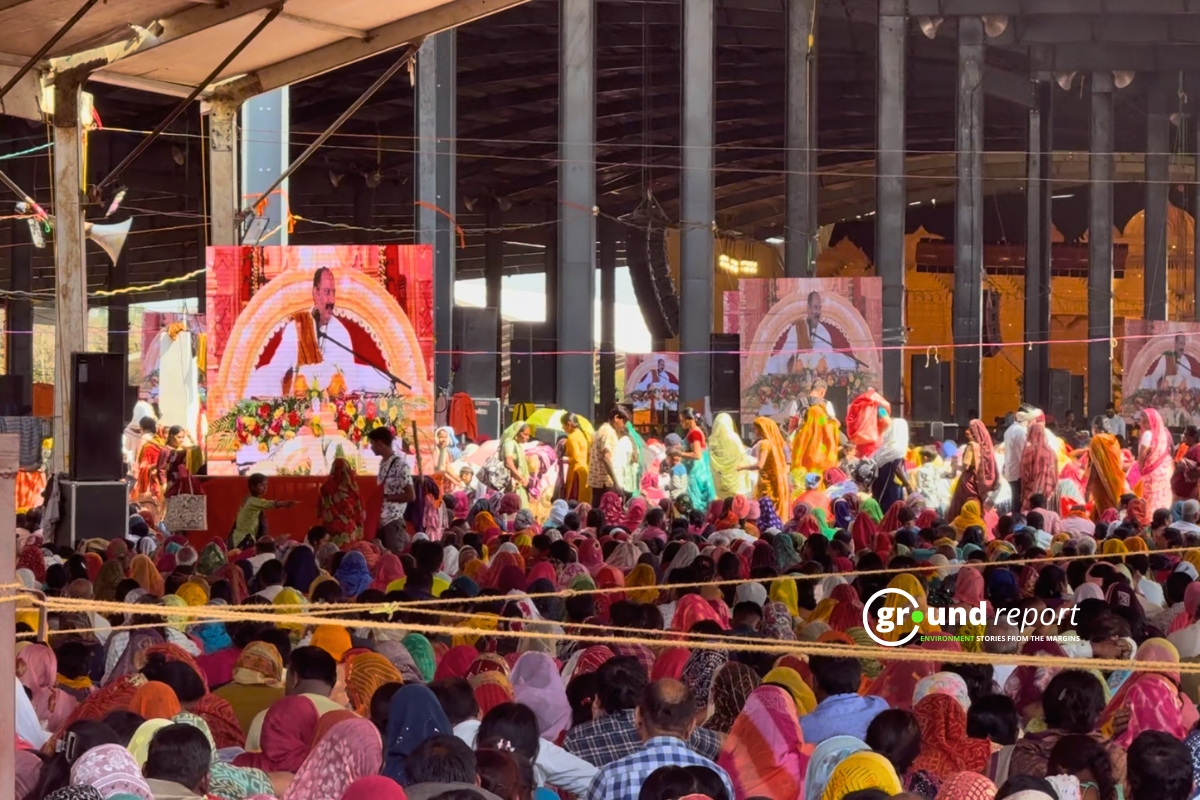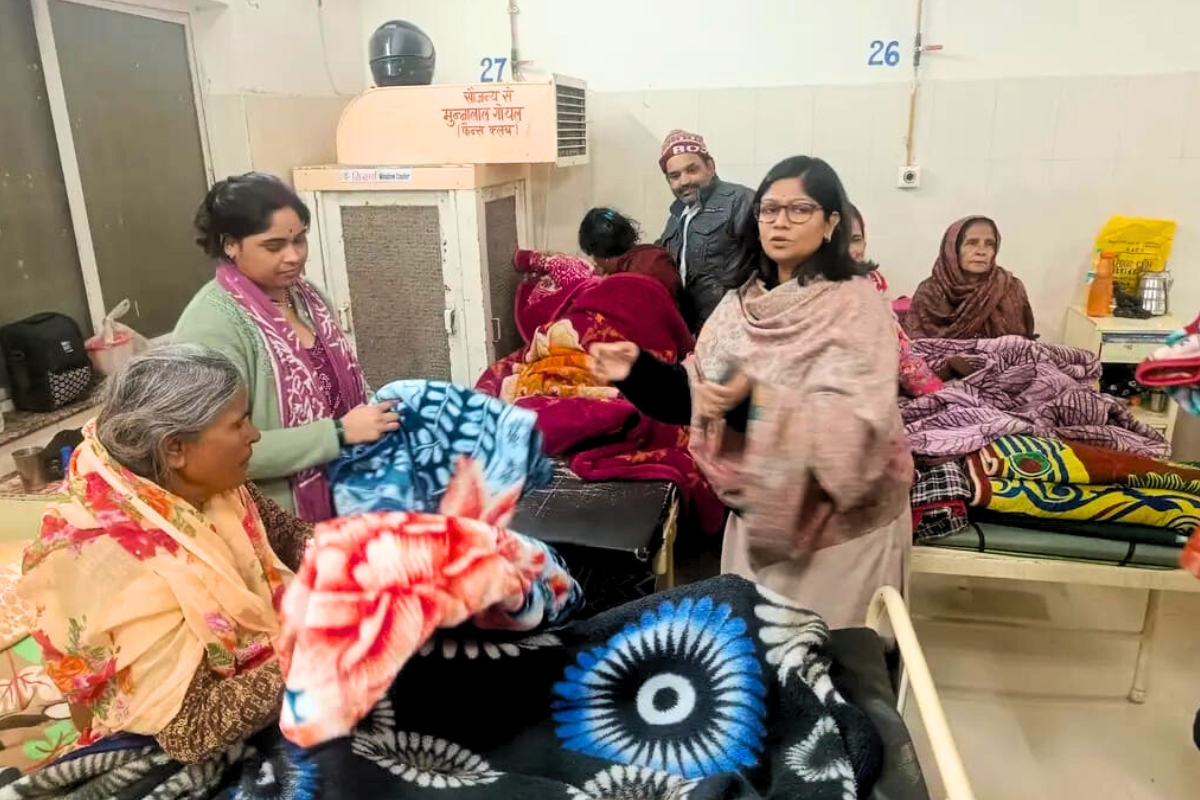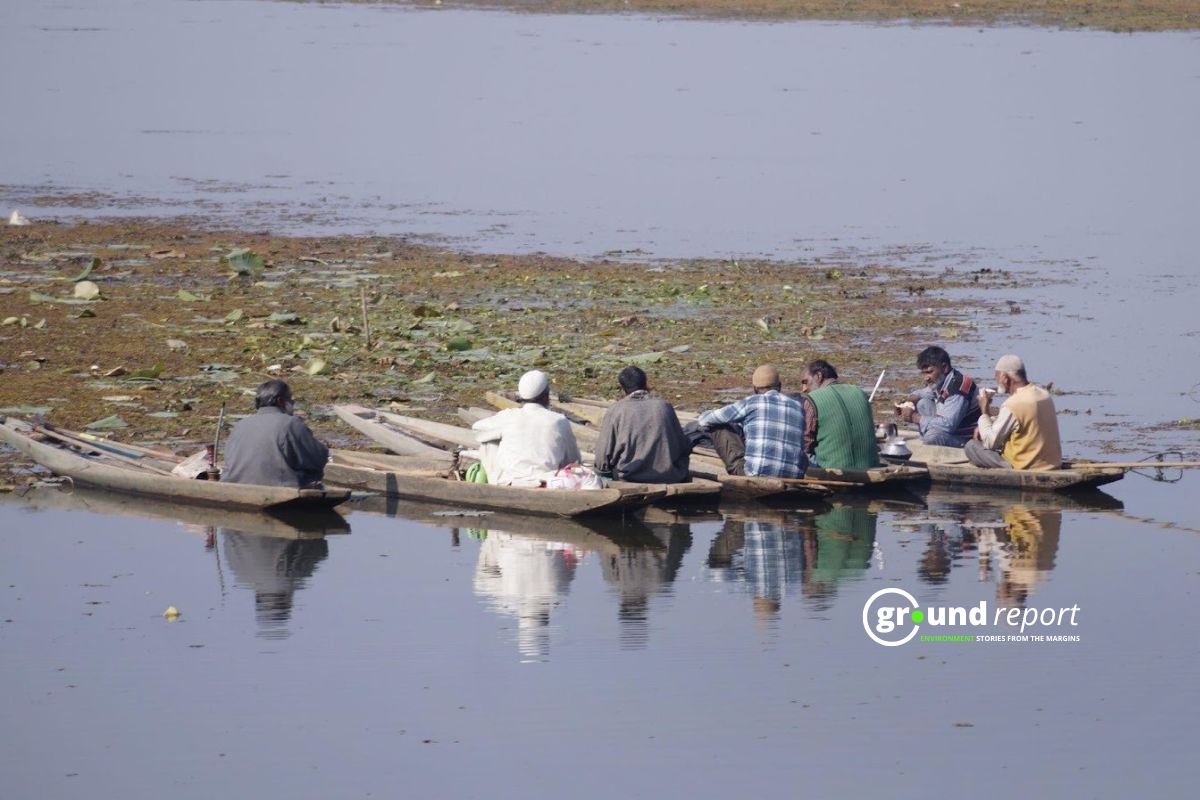At the United Nations Climate Change Conference (COP29) in Baku, Azerbaijan, India advocated for the Global South after the abrupt announcement of a revised Collective Quantified Goal (NCQG) on climate finance. The revised text, adopted with applause from developed nations, set a target of contributing $300 billion annually by 2035, falling short of the $1.3 trillion that developing nations have demanded for climate adaptation and transformation efforts.
While the agreement represented a step up from the previous $100 billion annual commitment made in 2009, it remains far from what the Global South believes is necessary to address climate change. Developed countries, including the United States and European nations, are expected to provide $300 billion annually. However, the demands of developing countries for $1.3 trillion have been ignored, creating a significant rift between the two blocs.
India expresses disappointment
Chandni Raina, Adviser to the Department of Economic Affairs in India, voiced strong objections, stating the $300 billion figure is grossly insufficient for developing nations, especially against their ongoing battle with climate change. “The proposed amount is abysmally poor. It is a paltry sum. It won’t enable the necessary climate action for our country’s survival,” Raina said, adding India couldn’t accept the proposal in its current form.
India’s rejection of the deal highlighted equity concerns, with Raina pointing out that the climate crisis was exacerbated by historical emitters—primarily developed nations—that must bear a larger share of the financial burden. “We need at least $1.3 trillion per year by 2030,” she said, emphasizing that the proposed amount for 2035 was too distant and inadequate for immediate needs.
A key sticking point in the negotiations was the financing mode. While the revised agreement aims to scale up to $1.3 trillion, the deal’s reliance on loans rather than grants remains contentious. Developing countries fear debt entrapment, particularly when loans dominate the financial aid. India and other nations advocated for a larger share of climate finance to be grants, not loans.
Raina reiterated that the $300 billion figure does not meet developing countries’ needs and priorities, pointing to the discrepancy between climate adaptation needs and pledged funds. She stressed that the proposal was incompatible with Common but Differentiated Responsibilities (CBDR) and equity, key tenets of the Paris Agreement.
India criticizes policies harming development
India’s rejection of the deal highlighted concerns about the long-term impact on the economic development of poorer nations. Raina underscored that many of these countries are pressured into adopting low-carbon pathways that could stifle their growth. She criticized policies like the Carbon Border Adjustment Mechanism, which unfairly penalize developing nations transitioning to greener energy.
Raina warned that this decision will significantly impact the developing world’s growth and climate change adaptation. She pointed to the historical responsibility of developed nations in causing climate change and their failure to meet obligations, arguing that the deal marked a critical moment of betrayal.
As COP29 concludes, climate finance remains unresolved, leaving the Global South to confront climate change impacts without support from wealthy nations. With billions in developing countries at risk from the climate crisis, will the international community heed the call for more ambitious, equitable action, or will the Global South’s voices be ignored?
Support us to keep independent environmental journalism alive in India.
Keep Reading
Watch: Kashmir experiences first snowfall of season after dry spell
Amarnath Yatra: Tackling rising death toll from extreme weather events
Tourists arrival in Kashmir break records, a need to regulate it?
From tourist paradise to waste wasteland: Sindh River Cry for help
Follow Ground Report on X, Instagram and Facebook for environmental and underreported stories from the margins. Give us feedback on our email id greport2018@gmail.com.
Don’t forget to Subscribe to our weekly newsletter, Join our community on WhatsApp, and Follow our YouTube Channel for video stories.





